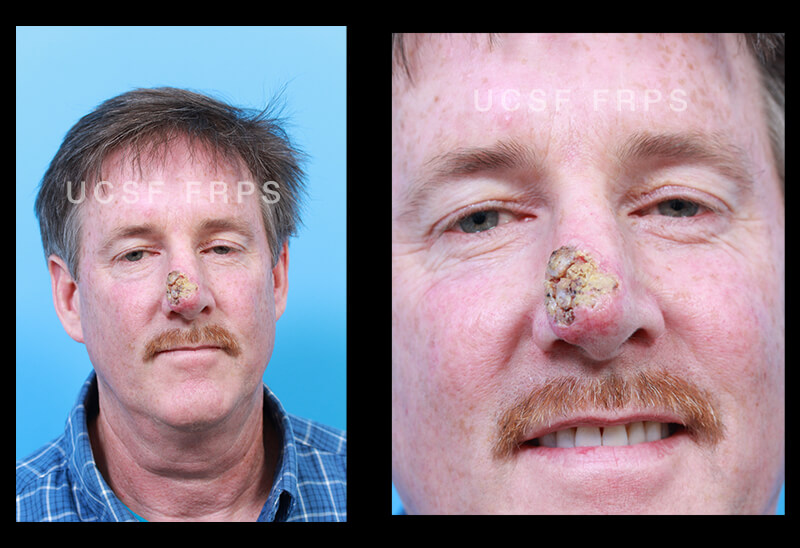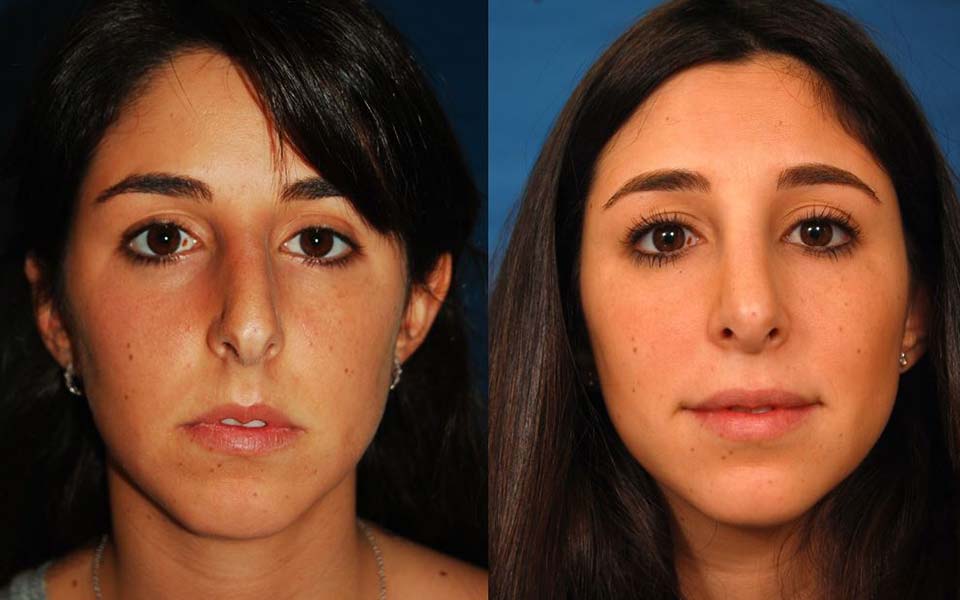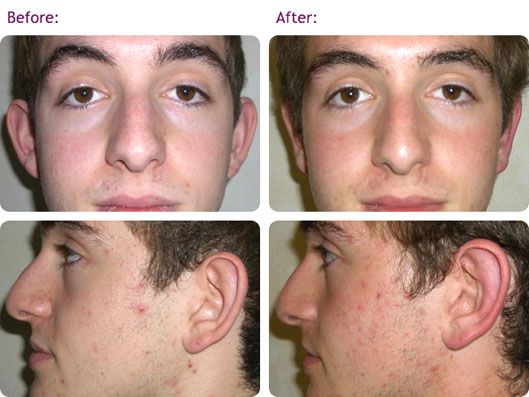
Intravenous sedation
In recent years, breast surgery has increasingly been performed under general anesthesia or intravenous sedation. This allows hospitals to keep costs down and reduces the stress and time involved in the procedure. Many patients experience anxiety prior to their surgery, so they prefer intravenous sedation. Here are some benefits of IV sedation for breast augmentation. Continue reading to find out more. Below are some of the many benefits of IV-sedation for breast enhancement.
Intravenous sedation generally makes patients feel less drowsy, and they experience very little discomfort after surgery. Patients who underwent breast augmentation with no sedation report no additional complications. The intercostal nerve block was not necessary, although it may have been helpful in pain control after the procedure. Patients who had the combined procedure experienced less nausea following surgery.

Local anesthesia in tumescent form
Patients who undergo breast augmentation with tumescent regional anesthesia (TLA) have a lower risk of experiencing pain. The solution is injected into subcutaneous tissue at the incision and inframammary fold. The solution is also injected to the breast gland's lateral borders. The anesthetic lasts for about 10 minutes. Patients can resume normal activities right away.
This type of anesthesia can be administered using a large volume diluted solution that includes lidocaine and epinephrine. The blood loss from surgery is reduced by the epinephrine, while the sodium bicarbonate reduces inflammation and skin burning. Postoperative days one through two are monitored for heart rate and recorded. Over 24-36 hours, sodium bicarbonate is absorbed into the skin.
General anesthesia
When it comes to undergoing any type of invasive surgery, general anesthesia is the standard. It makes the entire procedure painless and ensures you're completely unconscious. It is given in liquid form through an IV, inhaled gases, or both. General anesthesia, in either form, causes total unconsciousness. This erases all memories from the time the anesthetic was administered. To achieve this state, a variety of drugs and gas are used.

The medication administered during general anaesthesia for breast augmentation affects a variety of sites in the body. The medication is administered via IV drip or injection. It turns off the body's normal pain responses, making the procedure pleasant for the patient. Patients may be asked to count backwards from 100 as a distraction during the procedure. The anesthesiologist can monitor patient responses throughout the procedure.